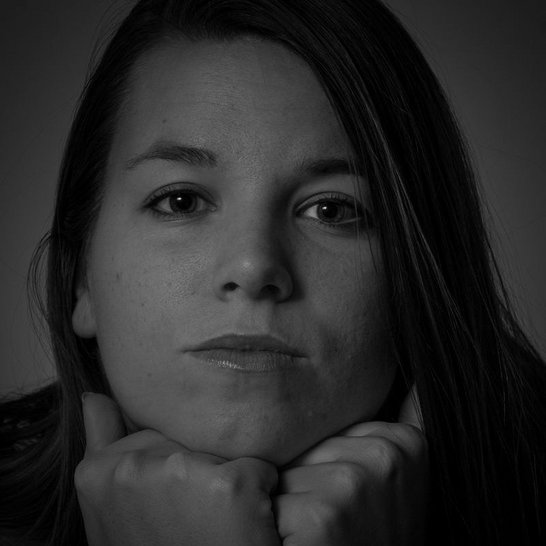Daša Ličen, Slovenia

- Current Position: Research Centre of the Slovenian Academy of Sciences and Arts
- Scholarship: Scholarship of the Scholarship Foundation of the Republic of Austria and Ernst Mach Grant worldwide
- Duration: 04/2018 – 08/2018 and 03/2020 – 07/2020
Curriculum Vitae
Daša Ličen earned a bachelor degree in Cultural Studies and Anthropology at the University of Primorska. She continued her studies in Cultural Differences and Transnational Processes - CREOLE at the Department for Ethnology and Cultural Anthropology at the University of Ljubljana in 2013/2014 and at the Institute for Cultural and Social Anthropology at the University of Vienna in 2014/2015. Since October 2015 Daša Ličen works as a PhD student and researcher at the Institute of Slovenian Ethnology at the Research Centre of the Slovenian Academy of Sciences and Arts), mentored by Prof. Dr. Jurij Fikfak and Prof. Dr. Božidar Jezernik. Her PhD project is titled "Cultural Associations in Trieste as the Setting of the Identification Processes of the Triestine Population (1848-1914)". She considers cultural association to be a window revealing major social changes occurring in the 19th century Trieste. Most of all, she is interested in the cohabitations of different nation-building projects within the same city and the dynamics between them. Daša receiced several grants and academic awards: To name only a few, she received University of Primorska's grant for talented students, several Erasmus grants (study exchange at the University of Antwerp, 2012; study exchange at the University of Vienna, 2014-2015; guest researcher at the University of Oslo, 2016) and the Sue Samuelson Award's honorable mention. After a stay in France supported by a French Government's Grant (guest researcher at INALCO Paris, 2017), she came to Austria financed by the Scholarship of the Scholarship Foundation of the Republic of Austria and workedguest researcher at the Department of Economic and Social History at University of Vienna in 2018. After research periods in the US and Italy, she returned to Austria shortly before the coronacrisis. She received an Ernst Mach Grant as a visiting fellow at the Centre for Southeast European Studies in Graz in 2020. Since 2019 she is also co-editing the Bulletin of the Slovene Ethnological Society (Glasnik Slovenskega etnološkega društva) and leading the Historical Association of Slovenia's Cultural Heritage Section. Her research interests are historical anthropology, shaping of different identities (national, ethnic, regional), history and practices of nationalisms, voluntary associations and anthropology of food.
Reflection
The four months spent in Graz have certainly been dynamic and full of unexpected events. I cannot state that the hopes I expressed in my grant application more than a year ago were fulfilled, because my stay was heavily affected by the Covid-19 lockdown. About a week after my arrival all public institutions closed down, many planned academic events were canceled and, what is more, daycare centers closed down too, which left me and my partner stuck with a vivacious toddler. Still the fact I had to remain at home allowed me to focus solely on my doctoral thesis. I established a writing routine and successfully edited three of my thesis’ chapters. I was also lucky enough to get to some libraries before they closed their doors and to had established contacts with other fellows whom I remained in contact throughout the crisis. Writing and editing became easier in the month of May when I was able to work from the office. Due to the lockdown brown-bag seminars organized by the Centre for Southeast European Studies took place via online platforms, but they still enabled me to stay informed about what other fellows and guest presenters were doing and they fuelled interesting conversations. Although in a different way than expected, the four months spent in Graz left a mark on my doctoral dissertation and my academic path as such. I am somehow thankful for the time I had because it enabled me to devote myself only to my dissertation. I, however, am also looking forward to returning to Graz in the future and getting a chance to conduct the archival research I originally planned to.
